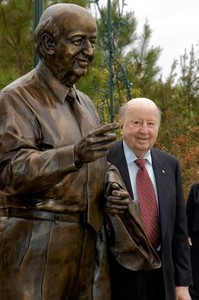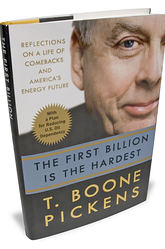(p. 45) Even though Google never announced when it refreshed its index, there would invariably be a slight rise in queries around the world soon after the change was implemented. It was as if the global subconscious realized that there were fresher results available.
The response of Yahoo’s users to the Google technology, though, was probably more conscious. They noticed that search was better and used it more. “It increased traffic by, like, 50 percent in two months,” Manber recalls of the switch to Google. But the only comment he got from Yahoo executives was complaints that people were searching too much and they would have to pay higher fees to Google.
But the money Google received for providing search was not the biggest benefit. Even more valuable was that it now had access to many more users and much more data. It would be data that took Google search to the next level. The search behavior of users, captured and encapsulated in the logs that could be analyzed and mined, would make Google the ultimate learning machine.
Source:
Levy, Steven. In the Plex: How Google Thinks, Works, and Shapes Our Lives. New York: Simon & Schuster, 2011.




